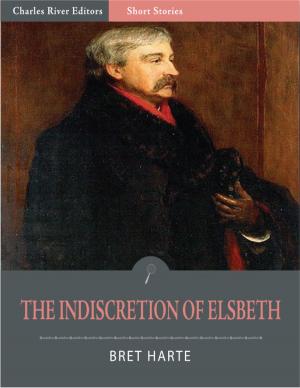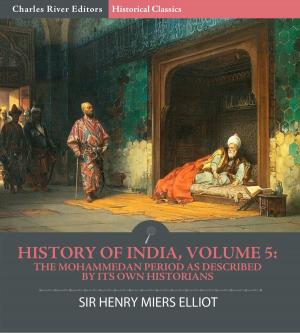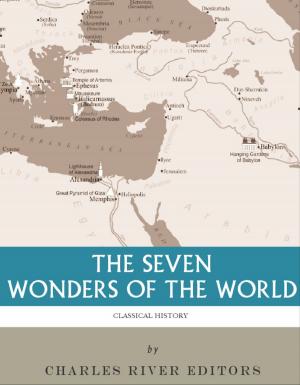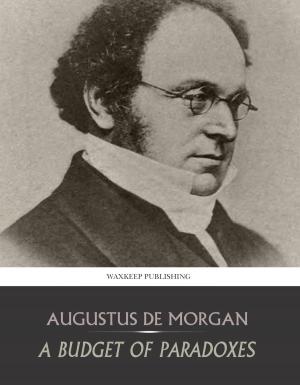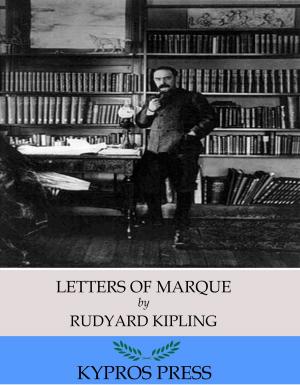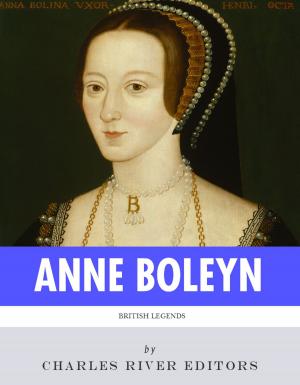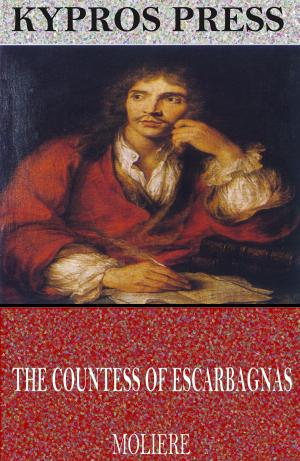British Legends: The Life and Legacy of Arthur Wellesley, Duke of Wellington
Nonfiction, History, France, British, Biography & Memoir, Historical| Author: | Charles River Editors | ISBN: | 9781475318883 |
| Publisher: | Charles River Editors | Publication: | October 29, 2012 |
| Imprint: | Language: | English |
| Author: | Charles River Editors |
| ISBN: | 9781475318883 |
| Publisher: | Charles River Editors |
| Publication: | October 29, 2012 |
| Imprint: | |
| Language: | English |
*Includes pictures of Wellington and important people, places, and events in his life.*Includes a Bibliography for further reading.*Includes a Table of ContentsBelieve me, nothing except a battle lost can be half so melancholy as a battle won. Duke of Wellington, at WaterlooA lot of ink has been spilled covering the lives of historys most influential figures, but how much of the forest is lost for the trees? In Charles River Editors British Legends series, readers can get caught up to speed on the lives of Great Britains most important men and women in the time it takes to finish a commute, while learning interesting facts long forgotten or never known. In September 1852, a steam train carried the body of Arthur Wellesley, First Duke of Wellington, from Kent to London, where he was to be interred at St. Pauls Cathedral after a huge state funeral. A million would flock to pay their final respects, and young Queen Victoria wept openly, lamenting that his loss will be quite irreparable. By the time of his death, Wellington had been prime minister twice, a shrewd personal advisor to four British monarchs and one of the nations most prominent politicians for three decades. But despite his nearly four decades of peacetime service in and out of politics, Wellington has remained one of the titans of the 19th century because of one June day in 1815. Then, as now, the Duke of Wellington is best remembered for defeating Napoleon in the most famous battle of modern history at Waterloo. Even then, the fact Wellington is remembered for Waterloo belies his extraordinary military career, which saw him come up through fighting in the Netherlands and India before opposing Napoleons forces on the Iberian Peninsula for several years. By the time Wellington took command of allied forces during the Hundred Days Campaign and decisively finished the Napoleonic Era at Waterloo, he had participated in about 60 battles and was one of Britains greatest war heroes. Historical memory of Wellington often stops there, but he spent half his lifetime in politics after Waterloo, serving as a prime minister in the 1820s and an influential Tory in the House of Lords in the 1830s and 1840s, serving all the while as Commander-in-Chief of Britains military. Though he had earned the nickname Iron Duke at the height of his political unpopularity, the originally derisive nickname came to represent his stern will and personality. British Legends: The Life and Legacy of Arthur Wellesley, Duke of Wellington covers the life of one of Britains greatest warheros and one of its most erstwhile politicians. Along with pictures of important people, places, and events in his life, you will learn about the Duke of Wellington like you never have before, in no time at all.
*Includes pictures of Wellington and important people, places, and events in his life.*Includes a Bibliography for further reading.*Includes a Table of ContentsBelieve me, nothing except a battle lost can be half so melancholy as a battle won. Duke of Wellington, at WaterlooA lot of ink has been spilled covering the lives of historys most influential figures, but how much of the forest is lost for the trees? In Charles River Editors British Legends series, readers can get caught up to speed on the lives of Great Britains most important men and women in the time it takes to finish a commute, while learning interesting facts long forgotten or never known. In September 1852, a steam train carried the body of Arthur Wellesley, First Duke of Wellington, from Kent to London, where he was to be interred at St. Pauls Cathedral after a huge state funeral. A million would flock to pay their final respects, and young Queen Victoria wept openly, lamenting that his loss will be quite irreparable. By the time of his death, Wellington had been prime minister twice, a shrewd personal advisor to four British monarchs and one of the nations most prominent politicians for three decades. But despite his nearly four decades of peacetime service in and out of politics, Wellington has remained one of the titans of the 19th century because of one June day in 1815. Then, as now, the Duke of Wellington is best remembered for defeating Napoleon in the most famous battle of modern history at Waterloo. Even then, the fact Wellington is remembered for Waterloo belies his extraordinary military career, which saw him come up through fighting in the Netherlands and India before opposing Napoleons forces on the Iberian Peninsula for several years. By the time Wellington took command of allied forces during the Hundred Days Campaign and decisively finished the Napoleonic Era at Waterloo, he had participated in about 60 battles and was one of Britains greatest war heroes. Historical memory of Wellington often stops there, but he spent half his lifetime in politics after Waterloo, serving as a prime minister in the 1820s and an influential Tory in the House of Lords in the 1830s and 1840s, serving all the while as Commander-in-Chief of Britains military. Though he had earned the nickname Iron Duke at the height of his political unpopularity, the originally derisive nickname came to represent his stern will and personality. British Legends: The Life and Legacy of Arthur Wellesley, Duke of Wellington covers the life of one of Britains greatest warheros and one of its most erstwhile politicians. Along with pictures of important people, places, and events in his life, you will learn about the Duke of Wellington like you never have before, in no time at all.


